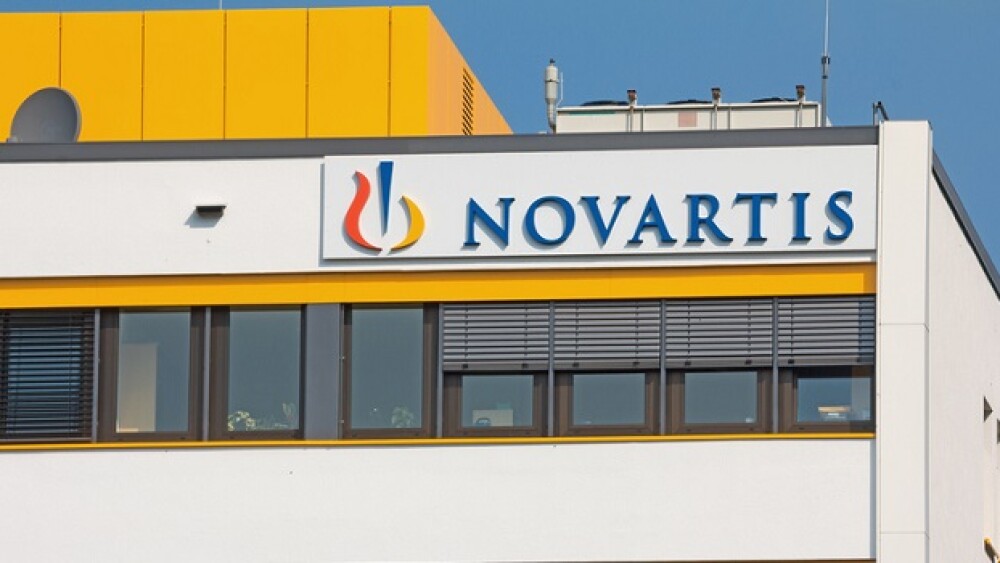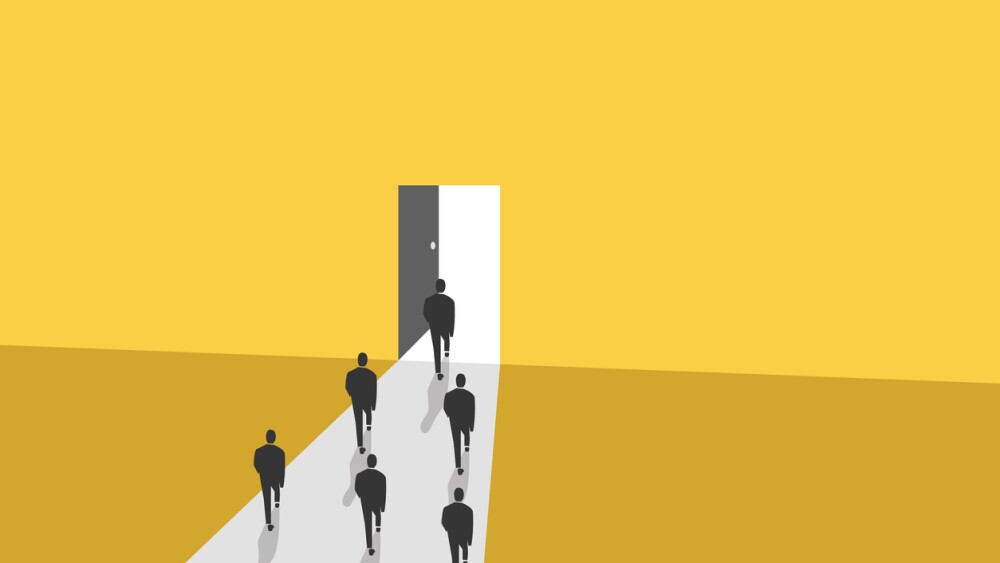Doudna announced she is converting a 2,500-square-foot scientific lab at Berkeley’s Innovative Genomics Institute into a lab for testing for the novel coronavirus that causes COVID-19.
Jennifer Doudna is best known as being one of the discoverers of CRISPR-Cas9 gene editing along with Emmanuelle Charpentier. A sought-after expert on gene editing, Doudna is the executive director of the University of California, Berkeley’s Innovative Genomics Institute. And now Doudna announced she is converting a 2,500-square-foot scientific lab at the Institute into a lab for testing for the novel coronavirus that causes COVID-19.
“This is a big, big issue here in the U.S.,” Doudna told STAT. “We need to ramp up testing very fast. It’s been problematic for various reasons. And so we are building and implementing a clinical testing laboratory on the UC Berkeley campus to do exactly that.”
So far, there are 140,904 total diagnosed cases of COVID-19 in the U.S. with 2,405 deaths. The U.S. has lagged behind other countries in launching widespread testing for the disease, although now more than a dozen companies’ tests have been approved by the U.S. Food and Drug Administration (FDA) for use under Emergency Use Authorization.
An early test by the U.S. Centers for Disease Control and Prevention (CDC) was unreliable. The exact cause for that is still being determined, but early reports suggest lack of validation because of the rush to get them out.
According to the COVID Tracking Project, about two weeks ago only 42,000 tests had been performed in the U.S. As of this week, that has hit almost 900,000. The two largest private laboratories in the U.S., LabCorp and Quest Diagnostics, told CNBC last week that together they could process more than 300,000 COVID-19 tests by the end of the week. Numerous hospitals and physicians’ offices, as well as other local, regional and national laboratories are now ramping up their efforts as well.
Earlier in March, Tedros Adhanom Ghebreyesus, Director-General of the World Health Organization said, “We have a simple message for all countries: Test, test, test. Test every suspected case. If they test positive, isolate them and find out who they have been in contact with two days before they developed symptoms and test those people, too.”
Doudna’s COVID-19 test lab will be run by more than 50 volunteers from around the Berkeley area, including the chief scientific officer of Thermo Fisher Scientific, members from Salesforce, the head of commercial at laboratory information analysis company Third Wave Analytics, and staff from Hamilton Corp., which makes laboratory robots (two are being used in the lab.”
“It’s unbelievable to see how fast this is coming together and people writing software just overnight to put such a complicated pipeline in place and ensure that it’s secure,” Doudna told STAT. “It’s really quite amazing.”
The laboratory hopes to be certified by next week under the Clinical Laboratory Improvement Amendments (CLIA), the Health and Human Services program that oversees diagnostic laboratories. It will then begin testing samples. It expects to test 300 samples at once working with the UC Berkeley Medical Center.
It will be using Thermo Fisher’s COVID-19 test, authorized by an FDA EUA. The laboratory already met safety specifications needed to handle a contagious virus because of their planned work with CRISPR.
“The throughput numbers assume only one thing: that Thermo supplies and kits do not run out,” said Fyodor Urnov, the genomics institute’s scientific director. They have acquired 10,000 kits so far.
Doudna’s organization surveyed local laboratories and found that many were running the test reactions manually.
“Think about that,” she told STAT. “They have no robotics at all. And their turnaround times as a result are up to seven days. We’ve never faced this before, where clinical labs needed to very quickly be able to ramp up a test so fast.”





